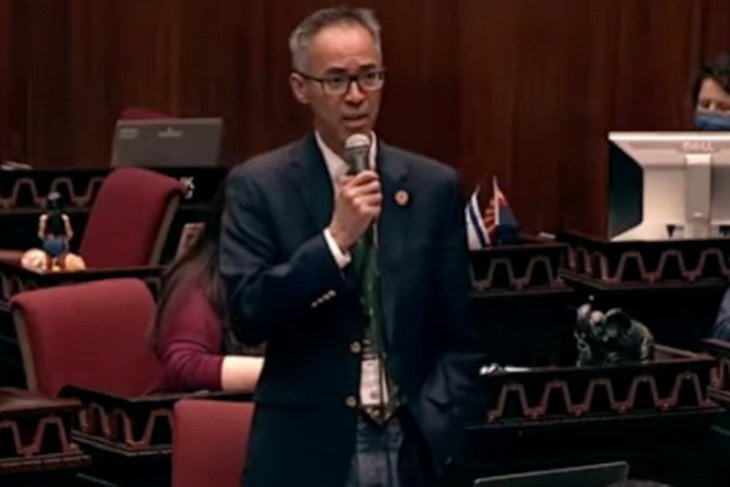The problem with communism – and with some very recent ideologies here at home – is that they think you can change reality by screaming at it.
Communism is a political and economic ideology that seeks to create a classless society in which all property and resources are collectively owned and controlled by the community as a whole. Despite its appeal in theory, there are several key problems with communism in practice:
- Lack of incentives: In a communist system, there is little to no incentive for individuals to work hard, be productive, or innovate, as all goods and services are distributed according to need, not effort.
- Inefficient allocation of resources: The central government is responsible for deciding how resources are allocated, which often leads to inefficient use of resources and a lack of consumer choice.
- Inability to adapt to change: Communist systems are often rigid and slow to change, making them unable to respond to new challenges or opportunities in a dynamic and rapidly changing world.
- Political repression: Communist governments often suppress political dissent, free speech, and independent thought in order to maintain their grip on power.
- Economic failure: The absence of a market economy, combined with poor incentives and a lack of accountability, has led to widespread economic failures in communist countries.
These are just some of the key problems with communism. It is important to note that the implementation of communism has varied greatly from country to country, and there is ongoing debate about the potential for communism to succeed in theory and in practice.

![‘I didn’t realize people still think socialism is a good idea.’ hqdefault[1]](https://centermatter.com/wp/wp-content/uploads/2022/05/hqdefault1-2.jpg)

![HIS LAST INTERVIEW: LARRY MCDONALD x0E9FDpHriF4_640x360[1]](https://centermatter.com/wp/wp-content/uploads/2023/04/x0E9FDpHriF4_640x3601.jpg)
![SJWs! Your Marxist Revolution Is Over 8963a7fe-5f0d-4f33-8c5a-3a031e656a4b-large[1]](https://centermatter.com/wp/wp-content/uploads/2021/07/8963a7fe-5f0d-4f33-8c5a-3a031e656a4b-large1.jpg)

![New Rule: Democracy Dies in Dumbness | Real Time with Bill Maher (HBO) maxresdefault[1]](https://centermatter.com/wp/wp-content/uploads/2022/06/maxresdefault1-2.jpg)
Leave a Reply